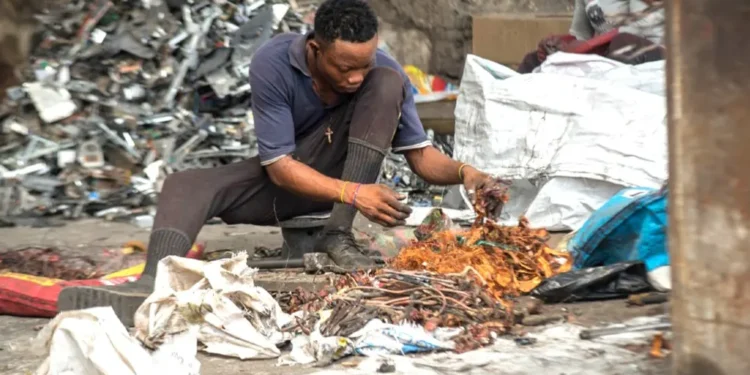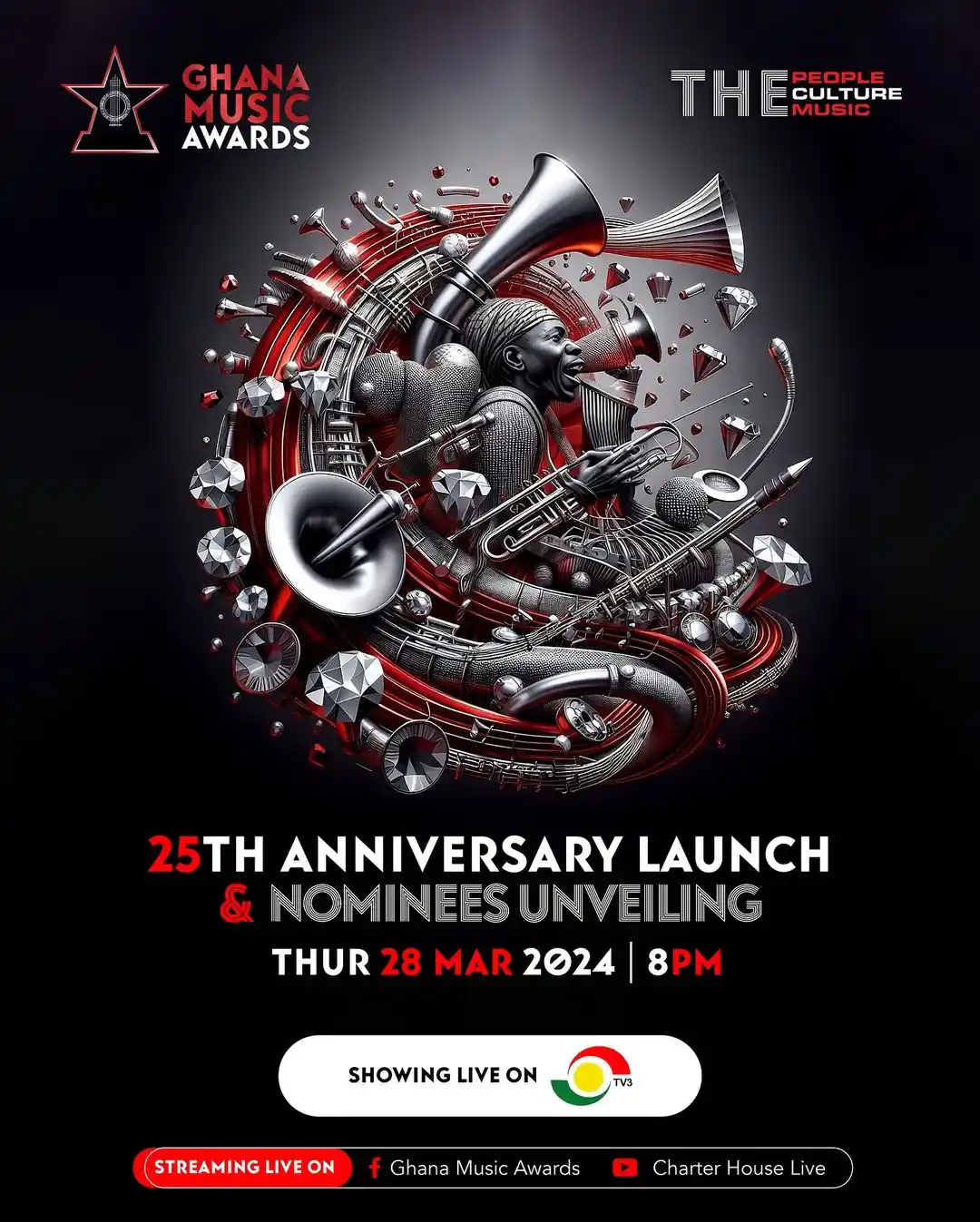Ten Ghanaian recycling companies, along with representatives from the public sector, recently participated in a study tour to Bengaluru and New Delhi, India's renowned electronic waste (e-waste) hubs. Organized by the German Cooperation (GIZ) in collaboration with the Ministry of Environment, Science, Technology & Innovation (MESTI), the week-long tour aimed to enhance Ghana's recycling sector and foster strategic partnerships between India and Ghana.
E-waste is recognized as the fastest-growing waste stream globally, amounting to 62 million tonnes annually from electrical and electronic equipment. Despite Ghana not being a major producer of electronic goods, the country faces the challenge of establishing a comprehensive recycling system due to increased imports of used equipment.
In response to this challenge, the German Ministry for Economic Cooperation and Development (BMZ) initiated the “Programme for Sustainable Disposal and Recycling of Electronic Waste” in partnership with GIZ Ghana and MESTI in 2016. This program focuses on strengthening Ghana's private sector and addressing critical issues such as infrastructure, technology, and sustainable business models.
As part of efforts to stimulate innovation and collaboration, the E-Waste Programme organized the study tour to India, inviting ten recyclers and four public sector delegates. India, with its extensive e-waste recycling industry, provided invaluable insights and opportunities for cooperation.
During the tour, participants visited major recycling facilities such as Greenscape Eco Management, Lohum, and E-Parisaara, as well as SMEs like Vans Chemistry and Ecowork. Discussions centred around recycling procedures, technology options, training programs, and funding mechanisms.
Recyclers who participated in the tour, such as Vivian Ahiayibor of City Waste Recycling, highlighted the enlightening experience of witnessing Indian recyclers' ingenuity in addressing sector challenges.
The program concluded with a workshop at New Delhi's O.P Jindal Global University, where e-waste experts, public and private sector representatives, and law students discussed the role of associations in driving industry interests.
Gilbert Odjidja, President of the Ghana E-Waste Recyclers Association (EWROTA), emphasized the need for Ghanaian recyclers to amplify their voices in industry dialogues, drawing inspiration from India's private sector-driven e-waste system.
Upon their return, the participants expressed eagerness to implement solutions and forge partnerships to address e-waste management challenges in Ghana. The study tour coincided with the release of the latest United Nations Global E-Waste Monitor, underscoring the urgency of effective electronic waste management.


























